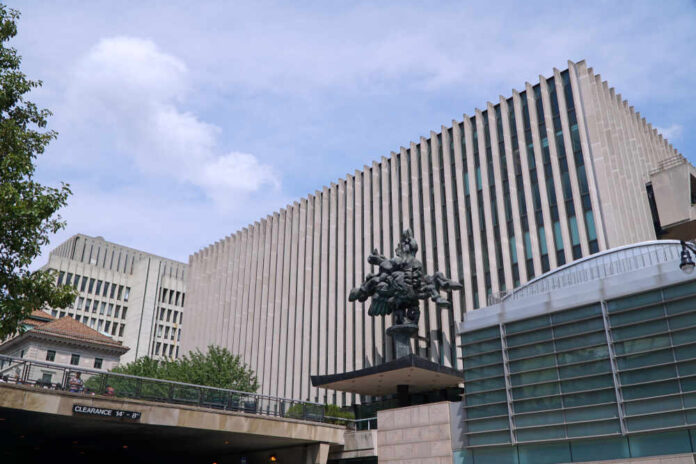
In the wake of the U.S. Supreme Court’s ruling that race cannot be a central factor in deciding a college applicant’s admission or rejection, a number of university administrators seemed to begin looking for ways to circumvent the decision.
Harvard University, which was one of the two schools at the center of the dispute, seized on one line in the Supreme Court ruling that permits universities to consider “an applicant’s discussion of how race affected his or her life, be it through discrimination, inspiration, or otherwise.”
The school issued a statement focusing intently on that caveat, leading critics to conclude that it would attempt to continue its race-based admissions process through an apparent loophole in the ruling.
Harvard responds by explaining how it will "comply" with today's SCOTUS ruling by exploiting a specific weak spot in Robert's majority decision:
"an applicant's discussion of how race affected his or her life, be it through discrimination, inspiration, or otherwise."
In other… pic.twitter.com/WttolQuhcG
— Charlie Kirk (@charliekirk11) June 29, 2023
Meanwhile, Columbia Law School reportedly added a new requirement shortly after the Supreme Court decision that all applicants submit a video statement.
Although the university asserted that this would “allow applicants to provide the Admissions Committee with additional insight into their personal strengths and academic or other achievements,” many opponents determined that it was simply a backdoor method to engage in racial discrimination.
Earlier this week, Columbia confirmed that it had rescinded the requirement, claiming that it was “inadvertently” added to the website.
Of course, that excuse seemed far too convenient for many critics, including one Columbia Law student who insisted that the school is “not even trying to hide” its true intentions.
“The timing is so suspect, I have to wonder, are they that dumb?” the student added.
Dan Morenoff of the American Civil Rights Project agreed, asserting: “There’s no reason the school would need a video, so the requirement of such a submission is powerful evidence of an intent to discriminate. It’s hard to imagine a clearer pretextual work-around for the Supreme Court’s decision.”
Although the Supreme Court decision was widely denounced in most leftist circles, many moderates and conservatives concluded that it was a step toward recognizing all Americans — regardless of race — as equals.
“The Supreme Court just ruled that no American should be denied educational opportunities because of race,” wrote House Speaker Kevin McCarthy (R-CA) in response to the ruling. “Now students will be able to compete based on equal standards and individual merit. This will make the college admissions process fairer and uphold equality under the law.”














